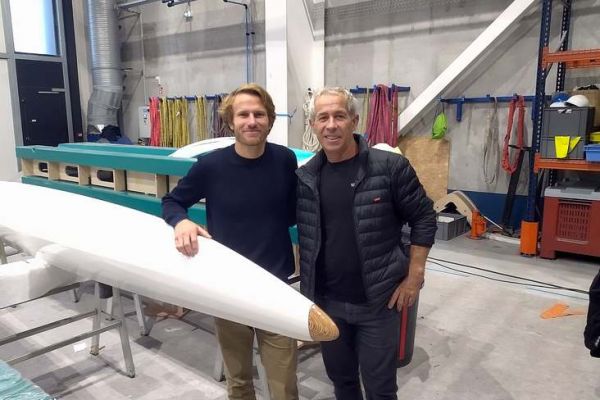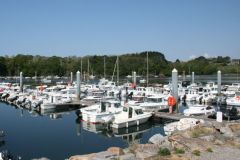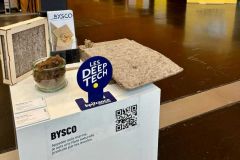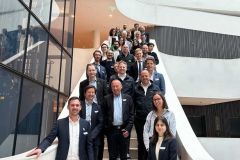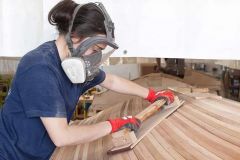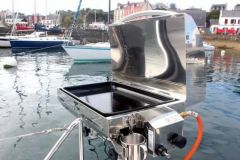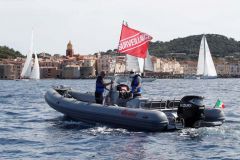François Gabart and Roland Jourdain, along with their respective companies Mer Concept and Kairos, have set up a GIE or economic interest grouping, with the aim of working on technical and environmental issues linked to the worlds of ocean racing, yachting and the maritime sector in general. They explain their reasons and ambitions to BoatIndustry.
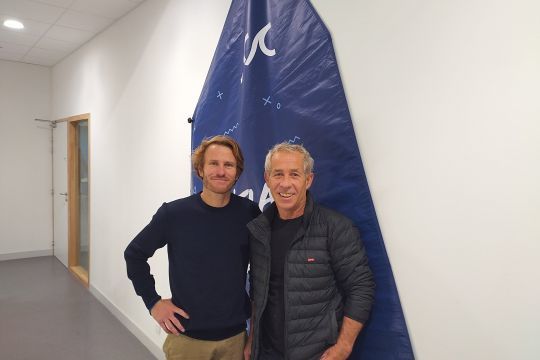
Why did Kairos and Mer Concept set up this economic interest group in the summer of 2023, and how did it come about?
FG: Indeed, we didn't wait for the GIE to discuss and exchange ideas. The discussion started around materials. Roland has been working on the subject for a long time. We wanted to work and invest in it, and it would have been a shame not to exchange ideas with our neighbors. The 1st discussions date back to late 2019. What's more, there's a certain porosity with people who have worked at each other's sites, which encourages exchange.
RJ: We've always been happy to be from Concarneau, so as not to be part of the monoculture of ocean racing, but at the same time we were happy to have François on board, so as not to be alone. Collaboration is an important issue for the future, and one that we're already working on within the Explore foundation. There's work for everyone. We're in a competitive and secretive ocean racing environment; it's time we got out of it and moved forward.
FG: The GIE provides a structure for responding to customers, and formalizes collaboration. The original idea was to pool the ideas and R&D of each member, thereby strengthening the group. The initial focus was on biomaterials and recycling, but the issues of impact measurement and life cycle assessment (LCA) soon became apparent.
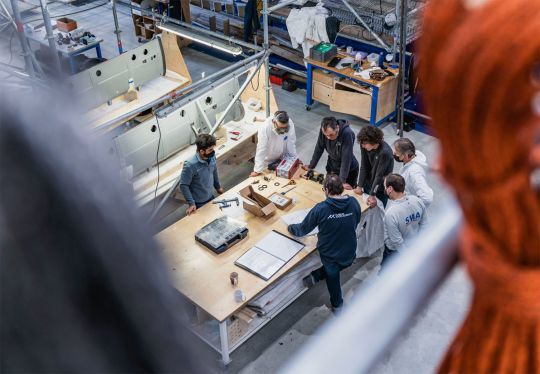
What projects has the GIE been working on?
FG: Even before the GIE, we developed a common LCA tool for our own projects and those of our customers. There's an interest in mastering one's own tool to understand as much as possible and try to get as close as possible to the truth.
RJ: Working together, with our respective areas of expertise, is a good way of lobbying in a positive direction, obtaining missing data and being ever more precise. The Biobat project piloted by Grand Large Yachting focused on the development of alternative materials for the yachting industry, with LCA studies based on processes and materials.
We're currently working with OC Sport to consider environmental criteria for ocean racing boats.
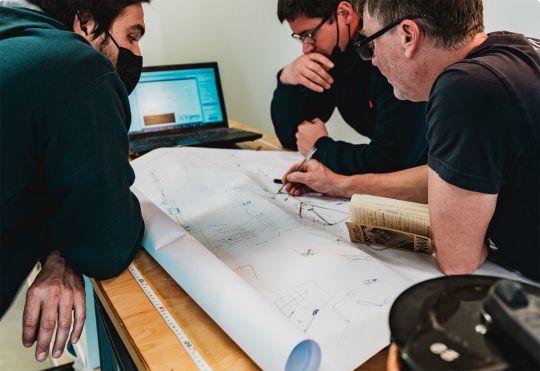
Who is the GIE aimed at, and how do you see expectations in this area?
FG: Obviously, our clientele isn't limited to ocean racing. We also cater for the yachting and maritime industries in the broadest sense, even if we're further away from our composite expertise. We don't rule out going outside the maritime sector, but that's not our primary focus.
RJ: We're seeing an increase in demand for LCA at Kaïros. We need factual elements to make the right decisions. The long-term aim is to integrate LCA into the design process right from the start, so that impact is taken into account from the very beginning of the equation. We're talking about a project where the impact limit is considered from the outset.
How do you avoid greenwashing in ocean racing and boating?
FG: That's just it, measuring impact as transparently as possible is the best way. You have to be scientific and precise. As well as educating the public to understand LCAs, we have to keep on looking, because there are points we don't know.
RJ: When I carried out the IMOCA LCA in 2009, what surprised me most was the impact of digital technology. These issues go beyond our boats. When we doubt and don't know, we don't change.

